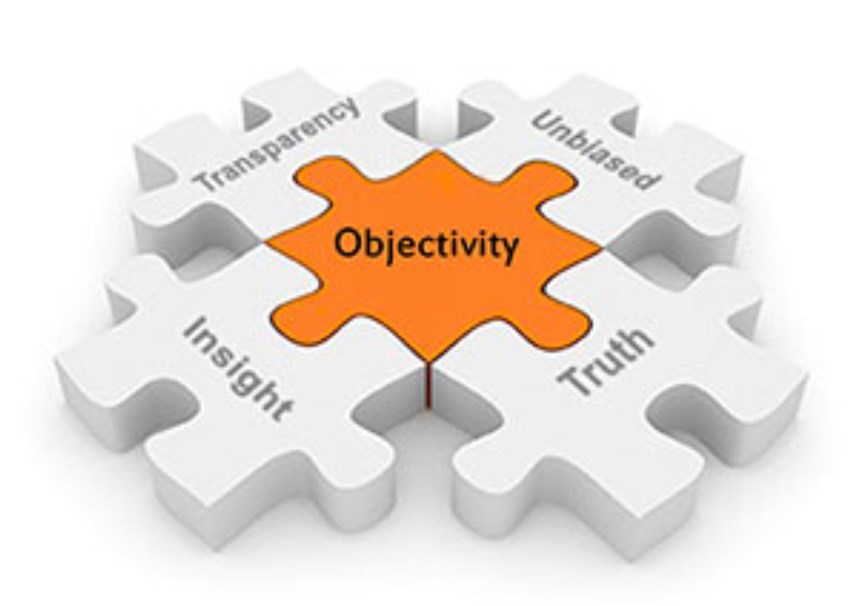 Trading is a very interesting field, and also a highly challenging one. Being faced with changing prices, other traders’ actions, and your expectation and hope of making the right decision, is certainly not an ideal situation to make objective choices. Many a time traders feel the stress and tension of it all to be too heavy on their minds, and as a result, their judgement is clouded. They either act too rashly, or are way too slow and cautious.
Trading is a very interesting field, and also a highly challenging one. Being faced with changing prices, other traders’ actions, and your expectation and hope of making the right decision, is certainly not an ideal situation to make objective choices. Many a time traders feel the stress and tension of it all to be too heavy on their minds, and as a result, their judgement is clouded. They either act too rashly, or are way too slow and cautious.
So we can all agree that for a trader to be objective is definitely no easy feat. However, an objective mindset is indispensable for a successful trader. The market is going to be offering the trader all kinds of information and data, as well as suggestions and comments being made by fellow traders. A trader needs to learn how to be objective as well as have the flexibility to use that information so as to act upon it objectively. This is however easier said than done.
In reality most traders enter the market with many notions and mindsets, as well as certain biases. The goal is to try to make the best possible trading decision, but due to these aspects it is not always the case. All human beings have an innate tendency of trying to be quite certain about a decision they make, and so they sort of seek confirmation for their actions. However in trading you cannot always be fully certain of your choices, and in the vast majority of the cases you will not be. The best you can do is to acquire information so as to make well informed decisions and as a result minimize risk. Speculating in the financial markets is normal, but no matter how much you try to speculate, you can never be completely certain. (more…)

 To eliminate the emotional risk of trading, you have to neutralize your expectations about what the market will or will not do at any given moment or in any given situation. You can do this by being willing to think from the markets perspective. Remember, the market is always communicating in probabilities. At the collective level, your edge may look perfect in every respect; but at the individual level, every trader who has the potential to act as a force on price movement can negate the positive outcome of that edge. To think in probabilities, you have to create a mental framework or mind-set that is consistent with the underlying principles of a probabilistic environment. A probabilistic mind-set pertaining to trading consists of five fundamental truths.
To eliminate the emotional risk of trading, you have to neutralize your expectations about what the market will or will not do at any given moment or in any given situation. You can do this by being willing to think from the markets perspective. Remember, the market is always communicating in probabilities. At the collective level, your edge may look perfect in every respect; but at the individual level, every trader who has the potential to act as a force on price movement can negate the positive outcome of that edge. To think in probabilities, you have to create a mental framework or mind-set that is consistent with the underlying principles of a probabilistic environment. A probabilistic mind-set pertaining to trading consists of five fundamental truths.